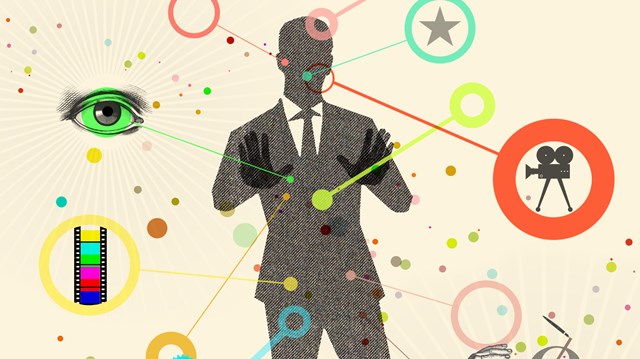Why Pop Culture Is Obsessed with 'Identity'
2015
was a year when many movies and TV shows showed characters searching
for their 'authentic self.' What Christians can learn from that search.

Image: Mark Allen Miller
Last
spring, after seven seasons of women, work, two wives, and a lot of
whiskey, Don Draper reached the end of his journey to define himself.
And a record 3.3 million Americans settled in to watch how it would end.
The broad appeal of Mad Men was
surprising, given that the show’s protagonist—an affluent, straight,
white male working on 1960s Madison Avenue—epitomized everything that
social media pundits critiqued in 2015. From Oscar speeches to countless
thinkpieces, from Jane the Virgin to Orange Is the New Black, the entertainment buzzword was diversity.
The discussion about an industry still dominated by straight, white,
male creators and characters often got heated, paralleling tensions over
race and gender in American culture. Comedy-sketch shows like Inside Amy Schumer and Key & Peele
satirized debates, suggesting pundits and politicians were missing the
point, while the rest of us posted the clips online en masse.
Yet if we are trying to read pop culture circa 2015, Don Draper is
actually a near-perfect decoder ring. His story embodies two current and
contradictory obsessions: one, we celebrate each person and suggest all
people have equal value; two, we elevate geniuses—individuals who
possess abilities that far exceed what any of us can imagine—to godlike
status. In 2015, we championed diversity while also worshiping
super-competent protagonists, from superheroes to cops with uncanny
powers to people who are simply extremely good at what they do.
But a few popular releases portray a healthier view of both diversity and genius, with Don Draper as our guide.
Tidak ada komentar:
Posting Komentar